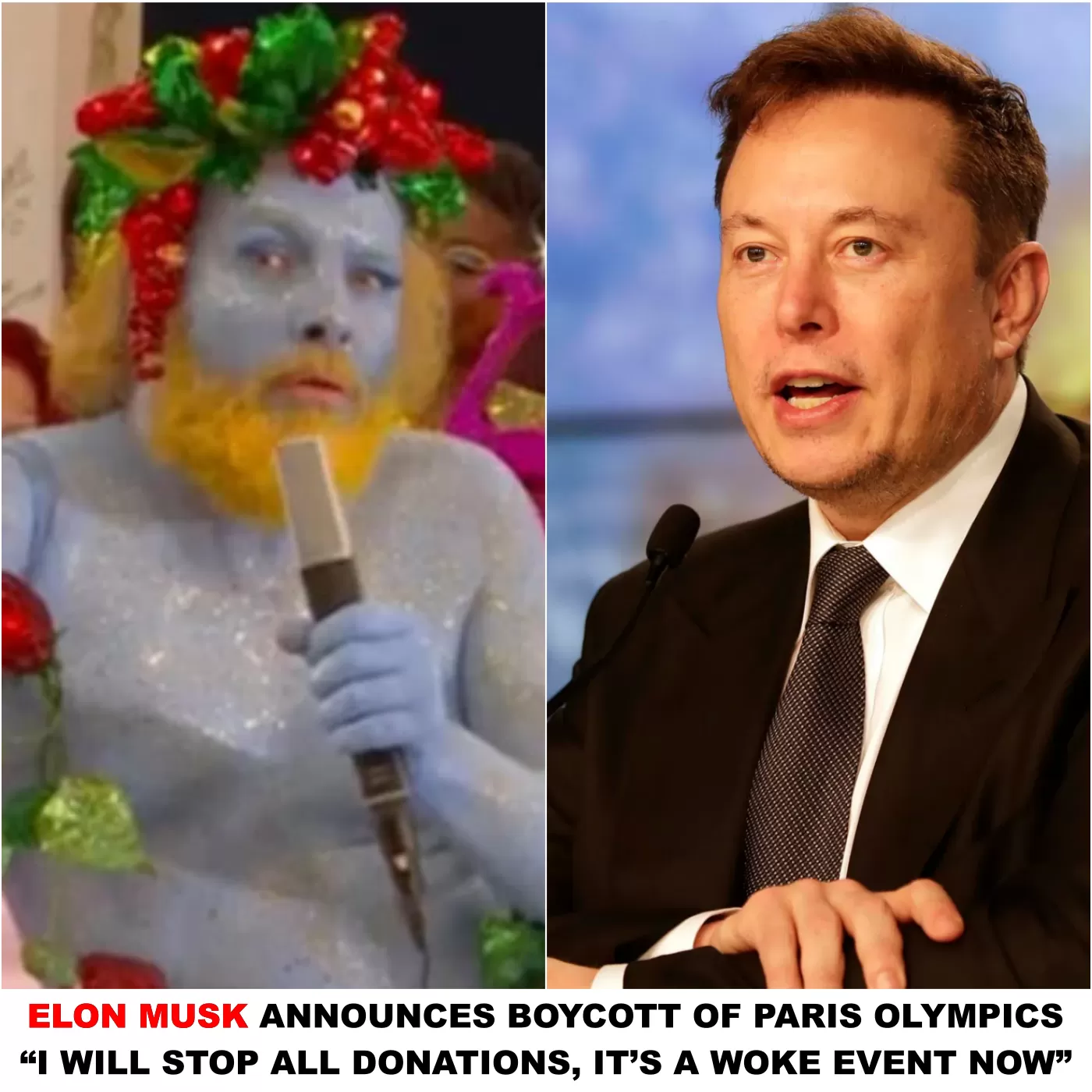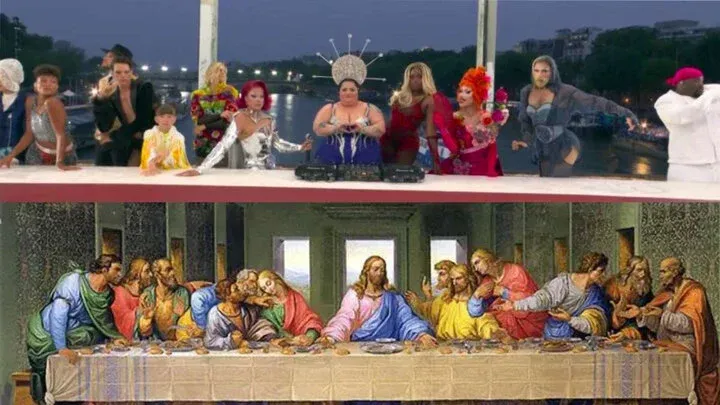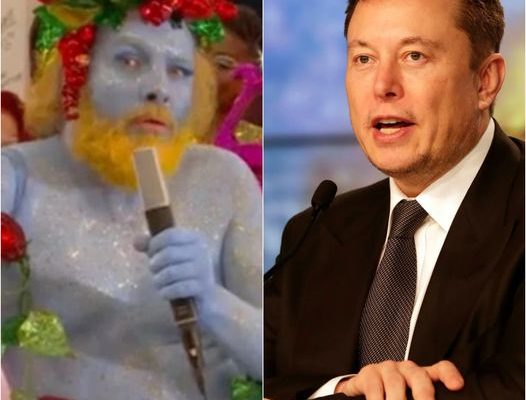Elon Musk, the tech mogul and CEO of companies like Tesla and SpaceX, has made headlines once again, this time for his decision to boycott the Paris 2024 Summer Olympics. In a statement that has sparked widespread debate, Musk criticized the event as being overly “woke” and announced that he would cease all donations and support for the Games. This announcement has added fuel to an already heated conversation about the intersection of politics, culture, and sports on a global stage.

Elon Musk took to social media to make his stance clear, stating, “The Olympics have become a woke event now. I will stop all donations and any form of support. This isn’t what sports should be about.” His comments refer to the increasingly progressive and socially conscious stance that the International Olympic Committee (IOC) and the Paris Olympics have adopted, including their emphasis on diversity, inclusion, and athletes’ rights to express their political views.

Musk’s statement has resonated with a segment of the public who share his concerns about what they perceive as the politicization of sports. However, it has also drawn significant criticism from those who view the push for inclusion and social justice as positive steps toward a more equitable and respectful global community.
The term “woke” has evolved from its origins as a slang term denoting awareness of social injustices, particularly racial inequality, to a broader descriptor of progressive social attitudes. For some, being “woke” is synonymous with advocating for human rights and social justice. For others, the term has taken on a negative connotation, implying excessive political correctness or the imposition of a specific ideology.
Musk’s use of the term suggests his discomfort with the Olympics’ focus on social issues, which he feels detracts from the primary purpose of celebrating athletic excellence and competition. His decision to withdraw support is a statement against what he perceives as the Olympics’ shift towards a platform for social and political commentary.
As one of the world’s most influential and wealthy individuals, Musk’s decision to boycott the Paris Olympics has significant implications. His personal contributions and the potential sponsorships from his companies could have provided substantial financial support to the Games. Moreover, his public stance may influence others, including fans and corporate sponsors, to reconsider their involvement with the event.
The financial implications of Musk’s withdrawal are compounded by the symbolic weight of his decision. It adds a layer of controversy to the already challenging environment facing the organizers of the Paris Olympics, who have been navigating various public relations issues, including backlash over the content of the opening ceremony and other political stances taken by the IOC.
The response to Musk’s announcement has been polarized. Supporters praise him for taking a stand against what they see as the over-politicization of sports and for highlighting the need to keep such events focused on athletic achievement. Critics, however, argue that Musk’s position overlooks the importance of using large platforms like the Olympics to promote values of equality, inclusion, and social justice. They contend that sports, as a universal language, have the unique power to drive positive social change.
Media coverage of Musk’s statement has been extensive, with outlets dissecting the potential motivations behind his boycott and the broader implications for the sports world. Some analysts suggest that Musk’s decision may be a reflection of his broader skepticism toward certain social movements, while others see it as a strategic move to align with a particular demographic that shares his views.
Elon Musk’s announcement to boycott the Paris 2024 Olympics and withdraw all support marks a significant moment in the ongoing debate over the role of social and political issues in sports. His criticism of the event as “woke” underscores a broader cultural divide regarding how international events should balance athletic competition with messages of social consciousness. As the controversy continues to unfold, the Paris Olympics will need to navigate these complex dynamics, ensuring that the Games remain a celebration of global unity and athletic excellence while respecting the diverse perspectives of its global audience.



